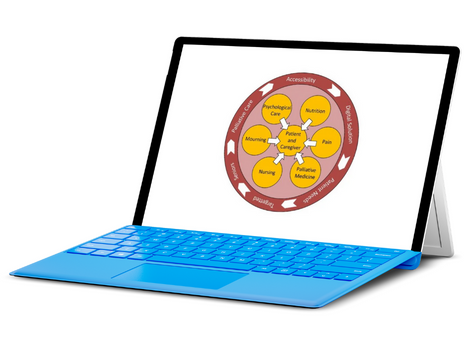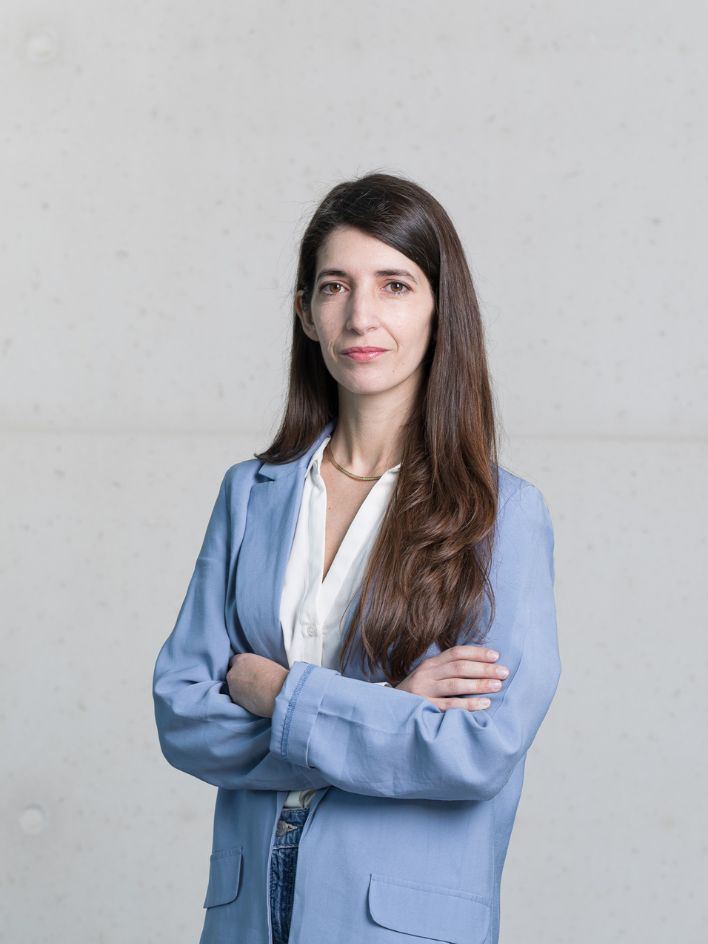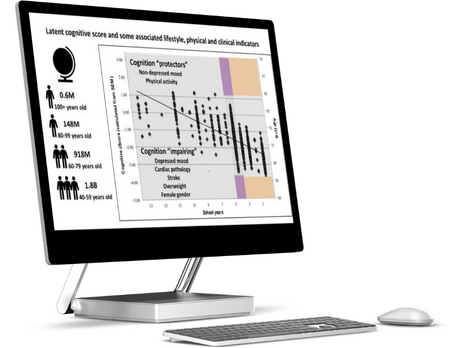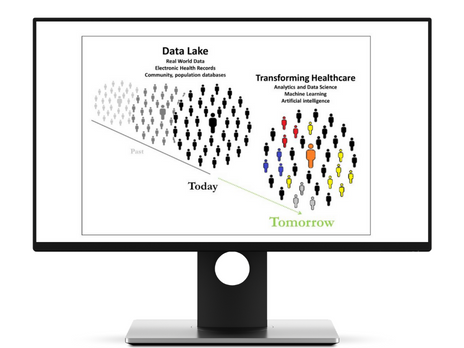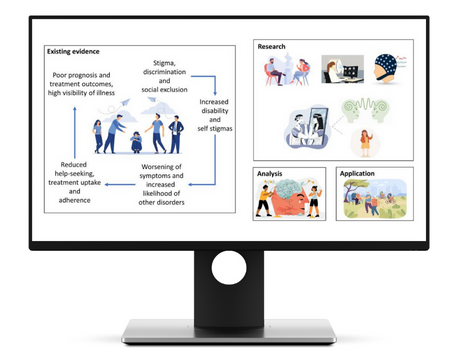Scientific Highlights
1. Castanho TC, Santos NC, Meleiro-Neves C, Neto S, Moura GR, Santos MA, Cruz AR, Cunha O, Castro Rodrigues A, Rodrigues AJ, Sousa N (2021) Association of positive and negative life events with cognitive performance and psychological status in late life: a cross-sectional study in Northern Portugal. Aging Brain 1. doi: 10.1016/j.nbas.2021.100020;
2. Castanho TC, Sousa N, Santos NC (2017) When new technology is an answer for old problems: the use of videoconferencing in cognitive ageing assessment. Journal of Alzheimer’s Disease Reports 1(1): 15–21. doi: 10.3233/ADR-170007
3.Castanho TC, Portugal-Nunes C, Moreira PS, Amorim L, Palha JA, Sousa N, Santos NC (2016) Applicability of the Telephone Interview for Cognitive Status (Modified) in a community sample with low education level: Association with an extensive neuropsychological battery. International Journal of Geriatric Psychiatry 31 2(2016): 128-136. doi: 10.1002/gps.4301
4. Castanho TC, Amorim L, Moreira PS, Mariz J, Palha JA, Sousa N, Santos NC (2016) Assessing Cognitive Function in Older Adults Using a Videoconference Approach. EBioMedicine 11 (2016): 278-284. doi: 10.1016/j.ebiom.2016.08.001
5. Castanho TC, Amorim L, Zihl J, Palha JA, Sousa N, Santos NC (2014) Telephone-based screening tools formild cognitive impairment and dementia in aging studies: A review ofvalidated instruments. Frontiers in Aging Neuroscience 6:16. doi: 10.3389/fnagi.2014.00016
6. Castanho TC, Moreira PS, Portugal-Nunes C, Novais A, Costa PS, Palha JA, Sousa N, Santos NC (2014) The role of sex and sex-related hormones in cognition, mood and well-being in older men and women. Biological Psychology 103 (2014):158-166doi: 10.1016/j.biopsycho.2014.08.015
7.Principal Investigator of the RESEARCH 4 COVID-19 2nd Edition Project “Effects of COVID-19 pandemic on psychological status and cognitive function of senior adults: follow-up of an established aging cohort”- Project n.504 – Funds attributed: 37.017.84 €; (Status: Finished, 07/2020-06/2021)
